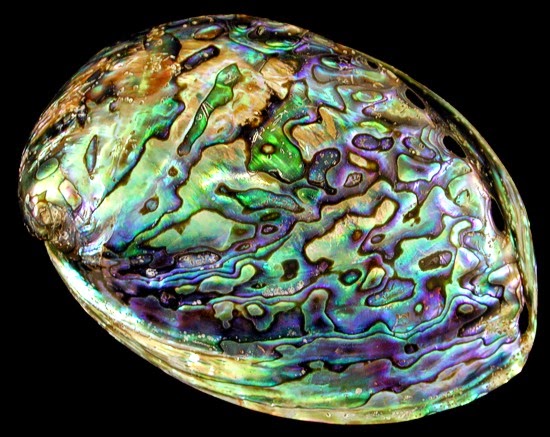Communication Matters (Title Inspired by Mark's Book!)
Twenty early career geneticists, two days of intense
workshop sessions and one problem; genetics is hard to communicate! Despite
being based on supposedly simple core principles – base paring and the DNA >
RNA > protein dogma – genetic research is remarkably difficult to
communicate to the non-biologist. This central communication problem is what
drew me to the Genetic Society communication workshop at Chicheley Hall from 23rd-25th
of April.
Communication has been a recurring theme throughout my blogs.
I wrote about the importance of communication with regard to policy back in
November 2013; the need for clearly communicated, reproducible, bioinformatics
methods in February; and most recently I discussed communicating science on a
range of levels whilst presenting my undergraduate research at the Houses of
Parliament. The bottom line is… If we scientists do not learn to communicate
our work, it is essentially stuck in an academic vacuum, where it will remain
for eternity. So … How do you explain what a transcriptome is? How do you make
people care? And how do you persuade publishers and production companies to
take on your scientific ideas? There is, of course, no easy answer but the
workshop certainly gave us some good strategies to try.
Enthusiasm
Tim Radford (a freelance
journalist who worked for The Guardian for 32 years, becoming letters, arts,
literary and science editor, as well as winning the Association of British
Science Writers award for science writer of the year four times) told us
enthusiasm is the single most important factor.
Tim kindly enlightened us by explaining the Latin origin of the word
enthusiasm – divine intoxication –
and went on to demonstrate how important it is whilst giving us an
inspirational evening talk. I certainly have enthusiasm in abundance, so at
least I’m off to a good start, but what else do I need to be a good communicator?
Make them care
Another gem from Tim Radford - “nobody cares about science because it is an
abstraction … and if it isn’t, then it is already part of our everyday lives
and is no longer considered science.” Whilst I think Tim hit the nail on
the head, I find it hard to believe. How can science be an abstraction when it
is what underpins the global society as we know it? From modern medicine to the
iphone 5, it’s all based on science. Okay, so nobody cares, but HOW do you MAKE
them care? Clearly, to answer this question fully you would probably need some
sort of psychology doctorate, but we mere mortals need somewhere to start. It
is, unsurprisingly, no coincidence that good communication plays a major role
in shaping the interests and motivations of others.
Storytelling
People love stories. If you can
turn your science into a well-structured story, you might be able to make them
care. Enrico Coen, president of the Genetic Society, talked us through the
principles of storytelling; the premise, the problems and the resolutions.
Putting these simple principles into practise was great fun, and it was
brilliant to see the groups’ imaginations run wild.
Reaching different audiences
If you choose to communicate your
research via scientific journal articles alone, you are effectively choosing to
do science in silence. Funded primarily by tax-payers, it is our duty to reach
beyond the confines of impenetrable journal articles and give back to our
funders – the public. Television, newspapers, blogs, radio and podcasts are all
ways to get our ideas “out-there”. We were fortunate enough to hear from
material scientist Mark Miodownik, not only has he written an incredibly
successful book “Stuff Matters”, he has also appeared on countless television
programs and made his laboratory, The Institute of Making, into a centre piece
of the Kings College London campus. Mark combined some pearls of wisdom with a
hilarious workshop session on commissioning a television program to replace
David Attenborough. The session made it clear to us that our science has
the potential to be interesting, if we just pitch it right.
It got to about 4pm on Thursday
afternoon, after a day and a half of intense sessions we were all starting to
feel a little jaded. At this point Chris Smith and his team from The Naked
Scientist informed us that at midday on the following day, Friday, each group
would be live-recording a 15 minute podcast with a scientific theme which was
accessible for a family audience… Time
to put our training into practise.
To our surprise, each group came
up with an idea, devised 15 minutes of content including pre-recorded sections
and integrated them in three fascinating podcasts, which were all successfully
recorded in exactly 15 minutes. What an achievement! I think it’s fair to say
we all succeeded in communicating genetics, especially during the podcasts. It
is now time to take what we’ve learned, combine it with a dash of confidence
and get our science out-there.
Thank you to Enrico Coen for
organising the workshop and all the fantastic instructors and facilitators for
a challenging, yet incredibly useful workshop.
Links for the podcasts will follow when available :-)


Comments
Post a Comment